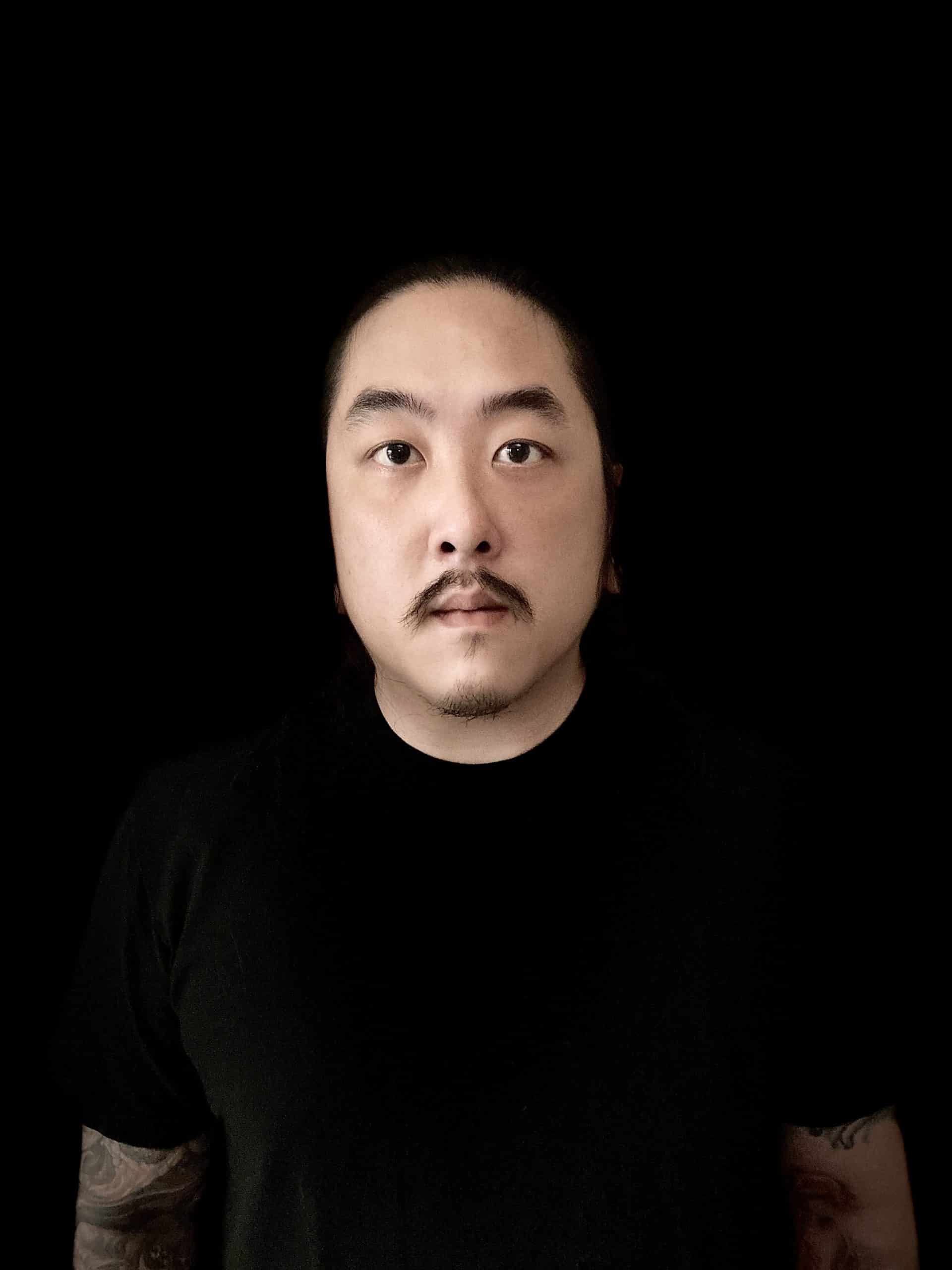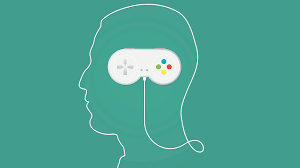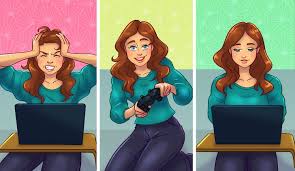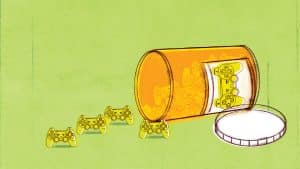Table of Contents
Opening
“Pause your game and come down for dinner!”…”But it’s an online game.. I CAN’T PAUSE IT!” I’m sure this scenario has occurred multiple times to gamers around the world. But sometimes not stopping can actually be a benefit! Playing video games, especially with a certain level of commitment, draws with it a stereotype that most parents and caregivers succumb to. These adults holding responsibility for their youths feel that constant excessive, or even moderate gaming will cause an addiction that is hard to curb, and that gaming comes with no benefits. It’s a well-founded impression of the “sport”, as grades decline, lack of wanting to go outdoors increases, and there’s promotion of introvertedness. However, things have changed. People need their own form of letting loose. We need an outlet. We desire banter with people that only their voices are heard. We want something to help ease our busy lives, and provide some sort of escape, just for a while.
As we get older and take on more of what life has to offer, we all need to curb our craving for things that we enjoy and have passion for, and hobbies aid in that aspect very strongly. Gaming is one of those. Yes, it can grow to be an addiction, but what’s to say it’s any different from being addicted to yoga or pottery? Our mental wellbeing stems from activities that support our mind’s growth, stimulate creativity, provide a sense of accomplishment. Gaming does this, and very well at that. This is because there are many aspects of gaming that garner the aforementioned positive results. Depending on the genre of games available, time spent on the activity ranges from an hour to even 6 hours a day, and that’s just the weekdays. There are solo games, and recently, the immense surge of online multi-player games, all of which are extremely accessible. Gamers have the choice of how they want to spend their time on their games, and how much they want to commit. These options provide an opportunity for everyone to realise what is best for them, during their free time, just to be happy and enjoy an immersion unavailable in reality. Gaming creates a bubble that often filters out the bad parts of life and gives gamers a sense of escapism. By no means does it mean that we are running away from our problems. It just means that after a day of real life, some time away from it will create a balance of life experiences that ultimately support mental positivity. I mean, come on, what better joy is there to defeat the final boss of a game that you’ve spent hours fighting?
Gaming And Mental Health
Every human life in existence has its ups and downs, and mental issues are a commitment to how negative things can get when you least expect it. Finding something to come home to or fill the empty spaces of time in our days, is a yearning solved. Players of video games used to be mostly prevalent in younger audiences, but has quickly assimilated into young adults, and even the older generations.
Gaming creates the opportunity for social connection through multi-player games, self-confidence, and the feeling of accomplishment. It also promotes mental stimulation and problem solving skills, as many games require you to take control of your actions and progress forward based on your decisions. These traits easily sell gaming as the e-sport that it is. Competitiveness, banter, achievements, solitude being in a world that isn’t real. These all help to curb mental struggles. It’s never a nice feeling to fail at a game level or boss fight, but such games advocate emotional resilience, which is a strength unparalleled when it comes to self-treating mental conditions. As mentioned, the main use of the tool of gaming in mental health is escapism from reality. People struggle every day doing things they don’t feel comfortable with, or have no confidence doing, or are just experiencing real-life trauma that can translate to mental illnesses. An escape, even brief, will prove to be helpful in reducing stress and anxiety, and allow these people to just be happy for a while. Gaming may not be an immediate or long-term solution to mental disorders, but hobbies in general create a feeling of comfort and joy, by doing something that you are passionate about. “Games help channel energy and divert (the) mind from potential triggers. Mental health issues are often isolating, but seeing those challenges reflected in games can help normalize mental illness and break down the stigma around it.”
As a gamer myself, I can vouch for this hobby or activity with strong jousts of “passion”. I’m a sufferer of mental disorders, and there’s nothing more rewarding to my emotions than playing my favourite games with online friends that share the same feelings for those games. The satisfaction of getting through different genres of games together with like-minded people poses as dare I say, therapy, for each of us. It didn’t stop there for me though. These online friends translated to real life friends that meet quite often, just to hang out and talk about gaming. This was an opportunity for me to make new friends, specifically people that share my interests. It’s a different feeling to connect as a group of gamers. We talk about strategies for boss fights, what gear to farm and acquire, and how that one guy was being salty during a boss fight. Gaming ended up not being a less than physical connection to people. The moments shared together online passively created a sense of belonging, and sparked happiness and a sense of inclusiveness outside, or should I say inside our reality.
Solo role-playing games give players an opportunity to expand their creative minds, give a sense of personal accomplishment and growth, and increase self-esteem. With individual and solo immersion into such genres of games, players find themselves positively reliant on their choices and actions, creating a level of self-confidence and induce a sort of trance that bolsters their self-commitment, which all can translate to real life choices and the way they feel for themselves.
Closing
With a never-ending array and wave of mental disorders prevalent in humans, finding what you are passionate about and enjoy in life is a decision made solely on the yearning for positivity and feeling good about yourself. Gaming creates a zone in which players can retire into when they need it the most. Getting into a space where you are in control of your actions will prove to be something that doctors mental illnesses and makes them a slightly weaker version of themselves. You’re not young anymore, but it’s alright to be young sometimes.
A Word From A Space Between
Gaming has a stigma of being a negative source of spending time as there are cases where addiction to playing video games brings bad outcomes. However, with the right mindset, proper goals, and having the passion for gaming as a hobby, the e-sport can definitely enforce positivity and keep mental illnesses at bay, even for a while. Escapism from reality, sharing accomplishments with like-minded people, building self-confidence and growing creativity; all these are some perks of playing video games with any form of commitment. Just like any other hobby, gaming will prove to be a tool to make our days that much better.
Need a helping hand?
Many of the providers practicing in A Space Between are skilled at helping clients navigate a multitude of mental illnesses. Some providers utilise a mind-body approach; others focus on skills-based techniques for tangible solutions.
Explore our free client-matching service and let us help you find a therapist who fits your unique needs.
Sources:
https://wearesololiving.com/can-video-games-be-good-for-your-mental-health/







